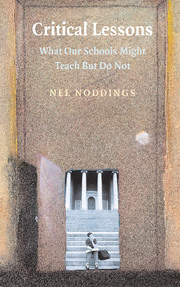2 - The Psychology of War
Published online by Cambridge University Press: 05 June 2012
Summary
I sing of arms and the man….
Virgil, The AeneidSocial studies and history text books are often organized around the topic of war, and students learn many facts about the dates, causes, outcomes, and leaders of war. However, despite the fact that few students who enter the military have even a smattering of college education, we seldom ask whether these youngsters can be given opportunities that will be enjoyed by some of their college-bound peers to learn something about the psychological aspects of war. Young enlistees know that they may be killed or injured in military service, but few have any idea that they might lose a cherished part of their moral identity. If we claim to educate, we must encourage young people to reflect on what war does and might do to the human beings engaged in it.
The Attractions of War
It is common for political leaders to declare that “no one wants war.” They would have us believe that somehow, despite everyone's being against it, war is necessary. Critical thinkers should pause right here and ask whether it is true that no one wants war. It is not. There are people who want war for financial gain, national dominance, or personal glory. But, additionally, there are many who want war because their lives seem to be empty or meaningless without it.
- Type
- Chapter
- Information
- Critical LessonsWhat our Schools Should Teach, pp. 36 - 63Publisher: Cambridge University PressPrint publication year: 2006
- 1
- Cited by



